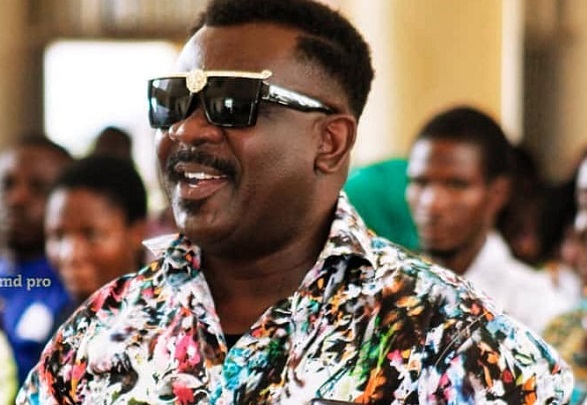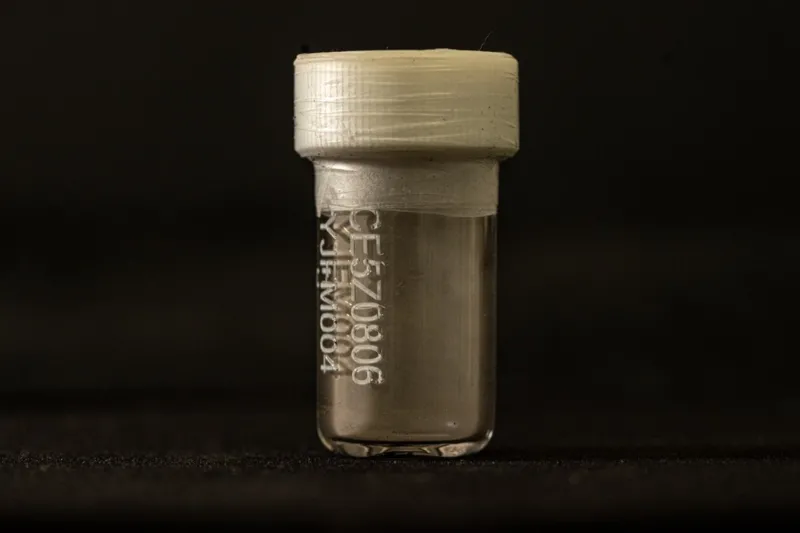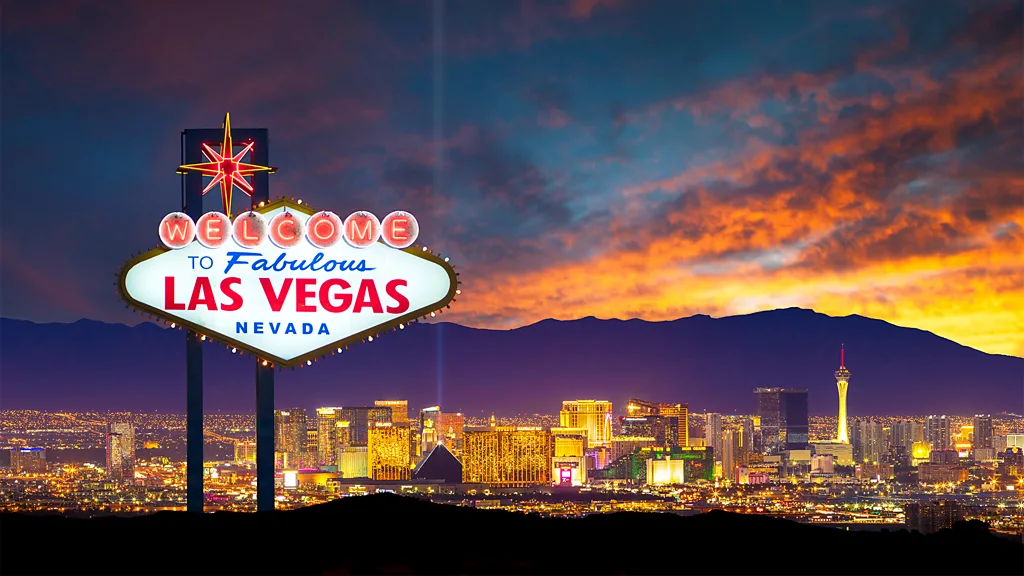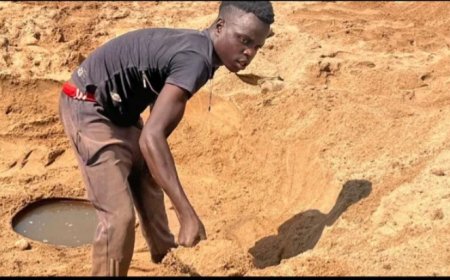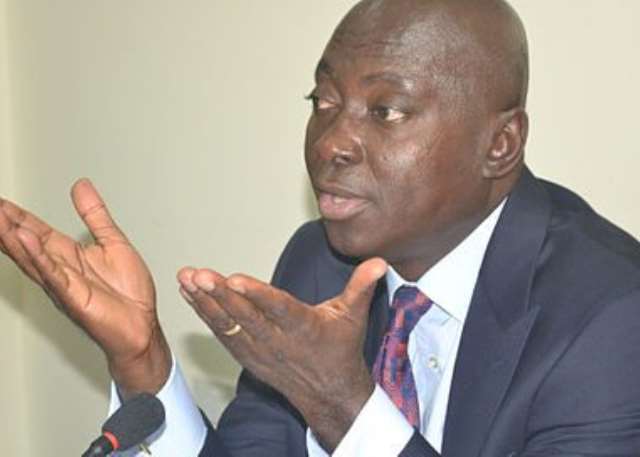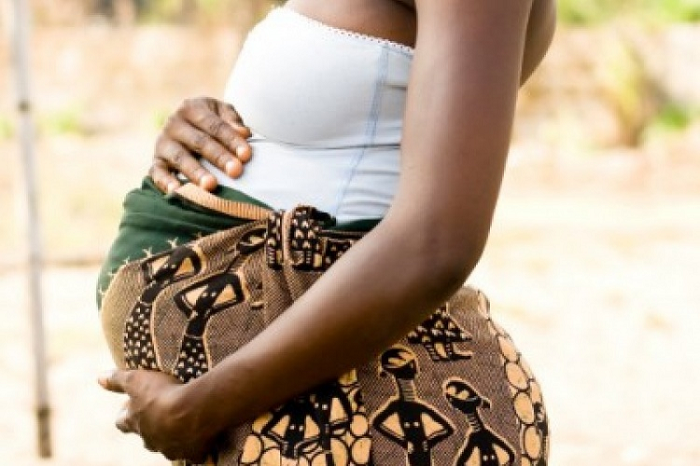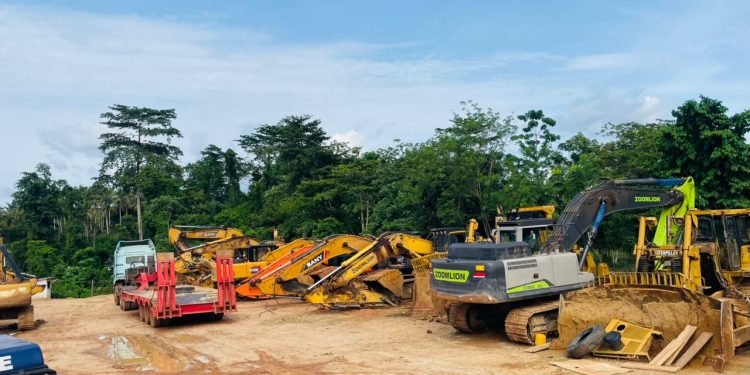Conservation group A Rocha demands Ghana's removal as Co-Chair of Forest and Climate Partnership
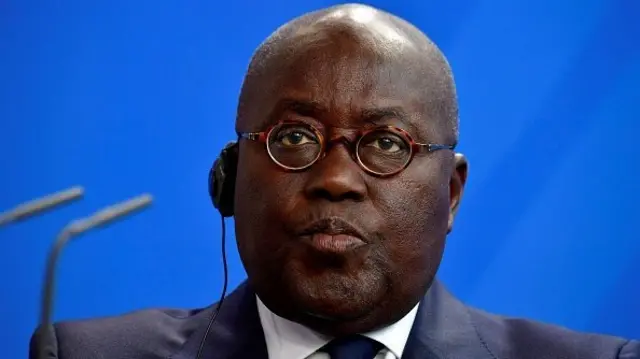
Accra, Ghana - October 14, 2024 - A Rocha, a conservation-oriented organization, has urged the immediate removal of Ghana as Co-Chair of the Forest and Climate Leaders' Partnership (FCLP), citing the country's failure to protect its forests and biodiversity.
Ghana was appointed Co-Chair alongside the US government at COP27, with the expectation of leading the world in sustainable forest management. However, A Rocha argues that Ghana's actions have been contradictory to this goal.
A Rocha outlined several reasons for Ghana's removal in a letter to the US Embassy, dated October 9. These include:
- False Claims: In early 2023, the Ghanaian government claimed that the ecological integrity of Forest Reserves was intact, which was later proven untrue.
- Inaction: Despite acknowledging the destruction of Forest Reserves, the government has done little to address the issue.
- Increased Mining Leases: Between 2022 and 2023, ten mining companies were granted leases to mine gold in large portions of 11 Forest Reserves.
- New Legislative Instrument: The "Environmental Protection (Mining in Forest Reserves) Regulations L.I.2462" passed in November 2022 makes it easier for mining companies to access concessions within Forest Reserves.
- Links to Government: Beneficiaries of mining leases and applications include individuals with key positions in government or close links to them.
A Rocha emphasizes that Ghana's actions conflict deeply with its position as FCLP Co-Chair, displaying contempt for the Glasgow Leaders Declaration. The organization believes that a government enabling mining in Forest Reserves and GSBAs cannot lead a partnership focused on forest protection and climate action.
“In May 2023, the government presented a clearer picture of the state of Ghana’s Forest Reserves and Globally Significant Biodiversity Areas (GSBAs) showing they were far from intact. Three reserves – the Oda River, Apamprama, and Subin Shelterbelt – were classified as active galamsey (illegal small-scale mining) sites requiring military support to flush the miners out.
“Apamprama was already 49% destroyed. A further 23 Forest Reserves were classified as medium difficulty with non-violent miners less difficult to control.”
“In the months that followed, the government did very little to address this destruction and now appears to have given up. It is widely thought the kingpins of galamsey are within the government itself.”
“All of a sudden, between 2022 and 2023, ten mining companies had full leases to mine gold in large portions of 11 Forest Reserves. Then a new legislative instrument came to light: the “Environmental Protection (Mining in Forest Reserves) Regulations L.I.2462” had been quietly passed in November 2022.
“A Rocha Ghana realised that LI2462, rather than protecting the forests and GSBAs, was actually making it easy for mining companies to access concessions within them.”
“One of the most disturbing changes between the new L.I. and the preceding 2018 ‘Environmental Guidelines for Mining in Production Forest Reserves in Ghana’ is the scale of the mining area that can be permitted. While the guidelines allowed mining on a maximum of 2% of the production areas of Forest Reserves, the new L.I. does not have any restrictions on scale, resulting in some concessions covering 100% of the Forest Reserve.
“The other glaring change is GSBAs – previously fully protected – are now open for mining if the President says it is in the national interest. The numbers uncovered to date are 24 Forest Reserves – 7 that contain GSBAs – affected by leases granted or applications awaiting validation,” parts of the statement read.
Find the full statement below
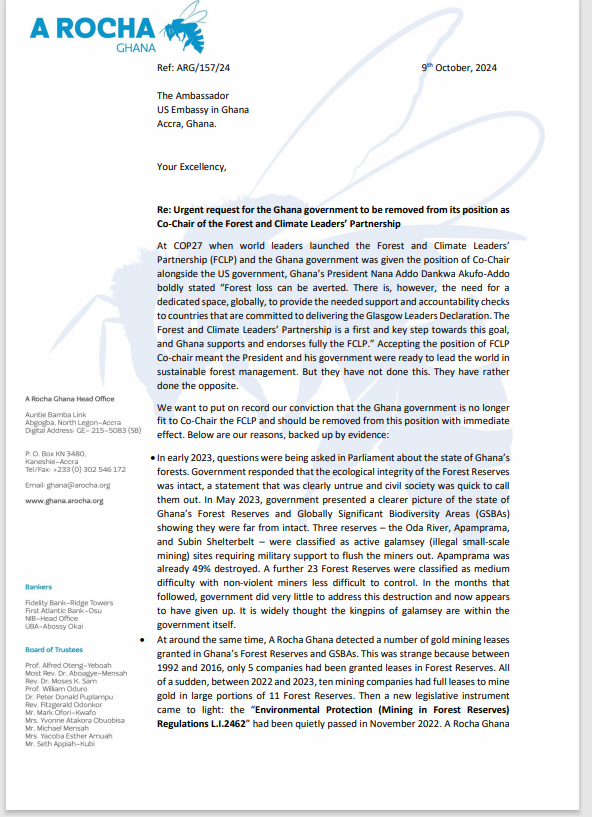
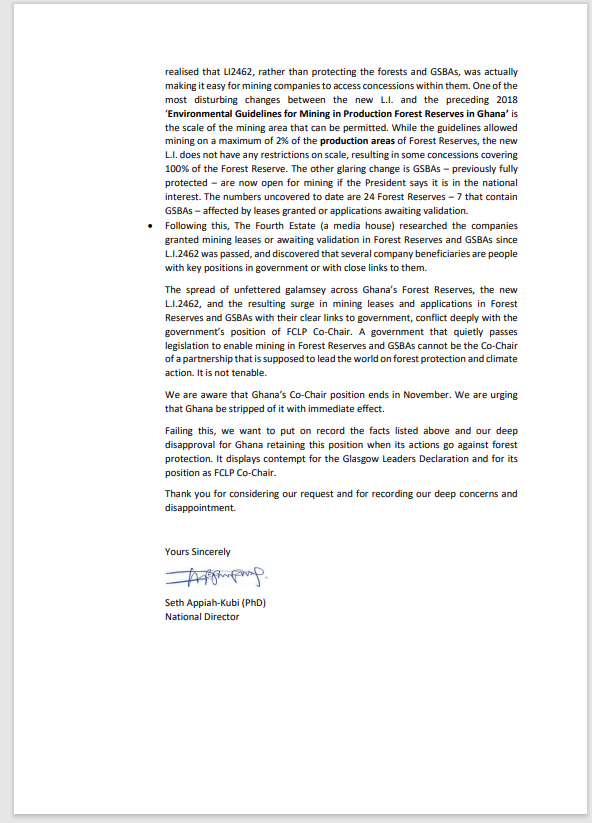
Source: Florence Kyei /Lead News Online






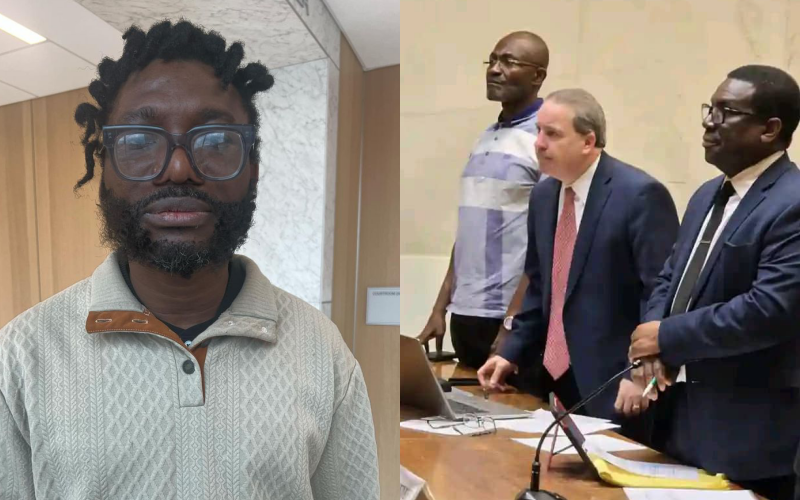
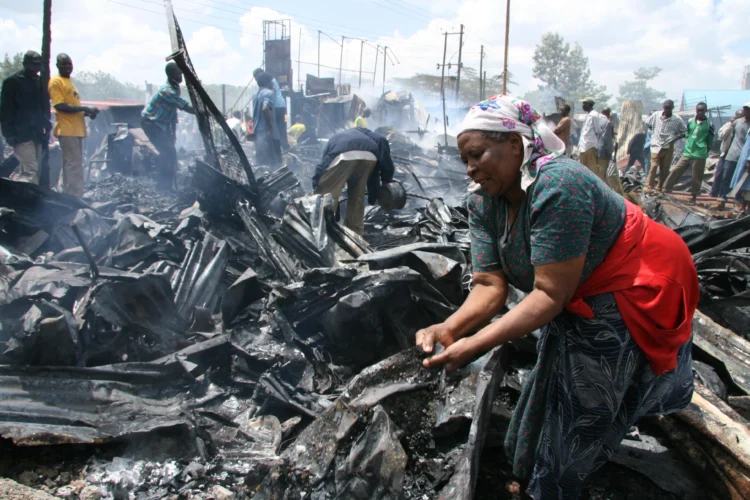

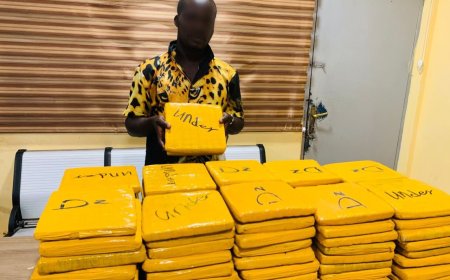










:max_bytes(150000):strip_icc():format(webp)/Health-GettyImages-WalkingBeforeOrAfterEating-8163e09e54e849e6bdff75aec25f55db.jpg)
:max_bytes(150000):strip_icc():format(webp)/Health-GettyImages-SugarVsSugarAlcohol-b00b016d36a54d58bc6ef22f74d35628.jpg)
:max_bytes(150000):strip_icc():format(webp)/Health-GettyImages-1490455140-867589cab1104d58b38a8c29bdc3bba0.jpg)




